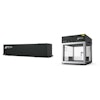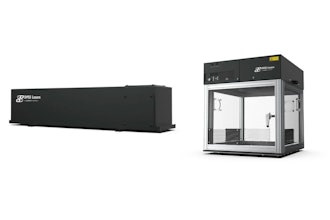WASHINGTON (AP) -- The Supreme Court has refused to get in the middle of a patent fight over a way to cure tobacco that may make it less carcinogenic.
The high court on Monday refused to hear an appeal from R.J. Reynolds Tobacco Co., who is being sued by Star Scientific, Inc.
Star Scientific, Inc. says R.J. Reynolds Tobacco Co. infringed on its patents on a way to cure tobacco minimizing the formation of tobacco-specific nitrosamines or TSNA, which may be carcinogenic.
But a trial court says the patents are unenforceable, because the inventor kept from the Patent and Trademark Office key documents and information -- including that low-TSNA tobacco already had been grown in the U.S.
The U.S. Court of Appeals for the Federal Circuit overturned that decision, saying a judge cannot throw a patent out without clear and convincing evidence that a deception was intentional.
R.J. Reynolds lawyers wanted the high court to look at the case again, saying the appeals court ignored previous rulings on how to judge when a patent applicant doesn't turn over all required information.
The case has been sent back to U.S. District Court. "The company looks forward to presenting the facts of its case to a jury at trial this spring," Star Scientific said in a news release.
In 1998, Jonnie Williams of Star started working on a patent on his process of preventing TSNA formation by lessening the drop in oxygen levels through control of airflow, humidity and temperature inside the curing barn.
But a Star consultant in a letter said an old-style way of curing tobacco called radiant heat curing -- not commonly used in the United States anymore but still used in China -- resulted in low TSNA tobacco. That letter was never given to the Patent and Trademark Office.
A U.S. District judge ruled that Star's patents were unenforceable because they kept that information from the patent office.
But the U.S. Circuit Court of Appeals for the Federal Circuit reversed that decision, saying the lower court had erred by saying Reynolds had proven that Star and Williams had intended to deceive patent officials.
"Just as it is inequitable to permit a patentee who obtained his patent through deliberate misrepresentations or omissions of material information to enforce the patent against others, it is also inequitable to strike down an entire patent where the patentee only committed minor missteps or acted with minimal culpability or in good faith," the court said.
The case is R.J. Reynolds v. Star Scientific, 08-918.


















